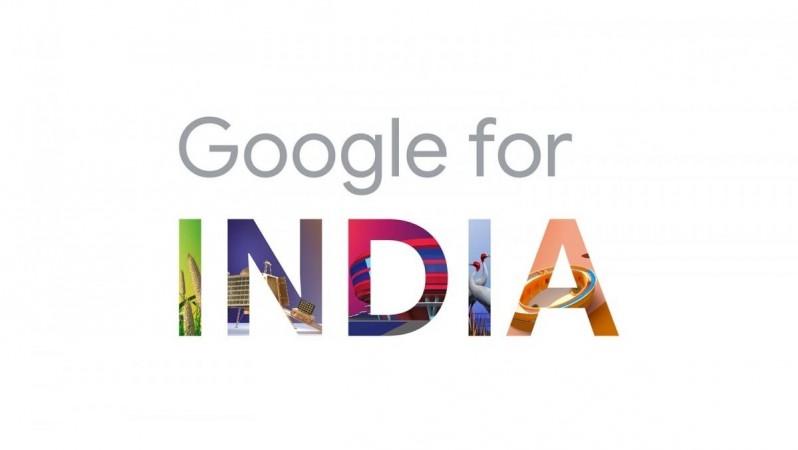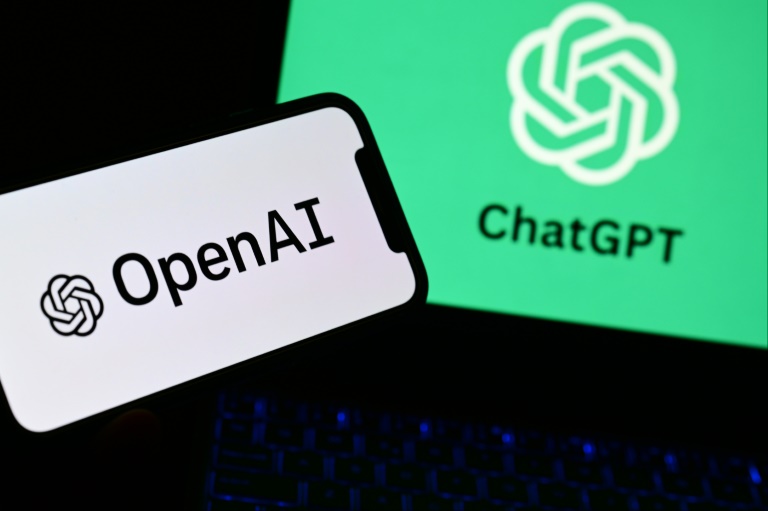In a fillip to the ‘Make in India’ initiative, Google on Thursday said it aims to start manufacturing/assembling Pixel smartphones in the country and the first ‘India-made’ batch will reach the consumers next year, as the tech giant announced several localised AI features to expand digital commerce and access to citizen-centric information services and solutions.
At the flagship ‘Google for India 2023’ event here, the company said India is a priority market for Pixel smartphones and first of their India-made devices are expected to roll out in 2024.
“When we set out with our hardware business, we committed to building and investing for the long run, and our plan to manufacture in India is an early step in the long journey of expanding our device production capacity and helping meet the country’s growing demand for Pixel smartphones,” said Rick Osterloh, Senior Vice President of Devices & Services.
“We look forward to sharing more details in the coming months, and can’t wait to bring the magic of Pixel smartphones to more people across the nation,” he added.
The company is partnering with international and domestic manufacturers in India to produce Pixel smartphones locally.
Google has grown its Pixel service network across the nation. In partnership with F1 Info Solutions, the company now has 28 service centres in 27 cities, and will continue to expand coverage to more locations and cities in the months ahead.
The company brought all-new Pixel 8 and Pixel 8 Pro smartphones with next-gen AI capabilities, and Pixel Watch 2 in India earlier this month. Late last month, PC and printer major HP announced a collaboration with Google to manufacture its Chromebooks in India.
Expanding Google Cloud infra for masses
Sanjay Gupta, Country Head and Vice President, Google India, said the company is joining leading Indian firms across banking and finance, cyber safety organizations, and supporting national efforts like Bhashini and The Open Network for Digital Commerce (ONDC).
“We have introduced new visual and local capabilities to our generative AI-powered experience in Search in India,” said Gupta.
Google Pay is collaborating with its partners in the financial ecosystem such as banks and NBFCs to create products that are aimed at addressing the credit gap in India.
Just this last year, the value processed through UPI was a staggering Rs 167 lakh crore.
“Google Pay is proud to have played a role in this success, and we remain committed to working with RBI, NPCI, the government and our financial ecosystem partners toward more milestones,” the tech giant noted.
Google Cloud also partnered with Axis My India to build an inclusive and multilingual super-app called “a”, that aims to grow people’s awareness, accessibility, and utilization of government social welfare schemes, basic day-to-day amenities, employment opportunities, and healthcare benefits.
“Axis My India’s extensive reach and expertise affords us an unprecedented opportunity to bring information equity between rural and urban India through our platform,” said Pradeep Gupta, Chairman and Managing Director, Axis My India.

Earlier this year, Google Cloud and ONDC announced the launch of the open-sourced solutions enabling buyers and sellers to onboard seamlessly onto the ONDC Network.
“This partnership is being expanded to enable Farmer Producer Organisations, or FPOs, to sell their produce online, thereby giving farmers greater channels for revenue,” Gupta added.
With Google’s genAI and cutting-edge tools, “we are poised to provide a boost to India’s farmers, enabling them to seamlessly navigate the digital commerce landscape, enhancing their visibility, and accelerating their path to success,” added T Koshy, MD and CEO at ONDC.
Google users will also be able to book metro tickets through the Maps app, as a result of its partnership with ONDC.
Google Cloud is also collaborating with Bhashini within the IT Ministry to launch a Center of Excellence on Generative AI and Language Inclusivity.
“As part of this initiative, we aim to equip more than 1 million professionals and students with generative AI knowledge and skills so they can thrive in this new AI era,” Gupta informed.
Google has also launched ‘DigiKavach’ to combat online financial fraud at scale.
“Towards this goal, we are proud to collaborate with The Fintech Association for Consumer Empowerment (FACE) and onboard them as a priority flagger, as part of our consistent efforts to combat predatory digital lending apps on Play Store in India,” the company noted.
The company is also making Search Generative Experience more visual and local, by bringing images and videos into many overviews.
In 2022, businesses globally unlocked $17.8 billion in economic activity using Google’s AI-powered products and services.
(With agency inputs)

![Google for India 2023 recap: “Make in India” Pixel phones, localised AI tools & more [read now]](https://data1.ibtimes.co.in/en/full/791029/google-india.jpg)




![OnePlus Open is good for 1 million ‘opens’; it can last 10 years of usage [details]](https://data1.ibtimes.co.in/en/full/790947/bloatware-oneplus-open-theres-prudent-strategy-third-party-app-integration-place-read-now.jpg)
